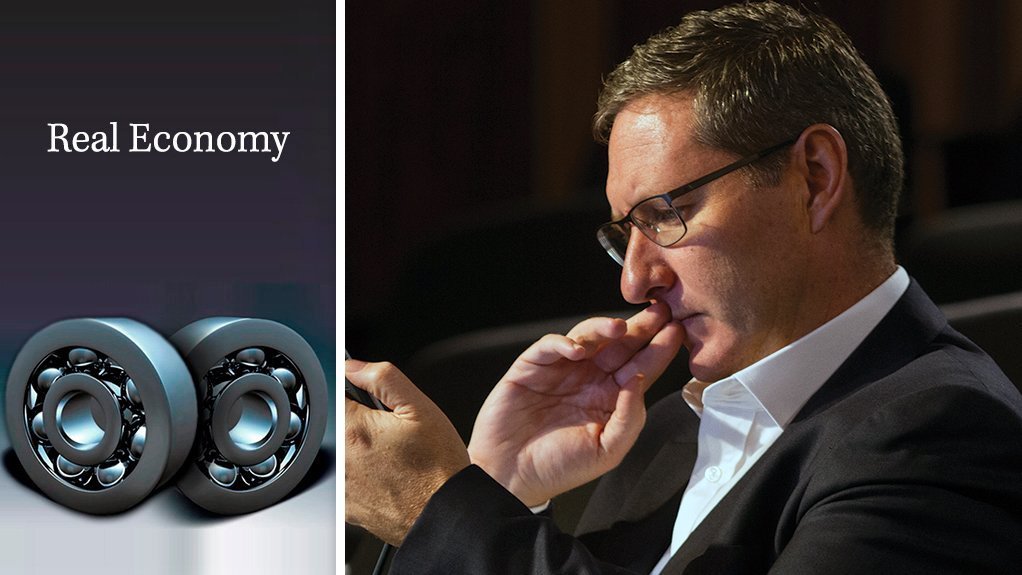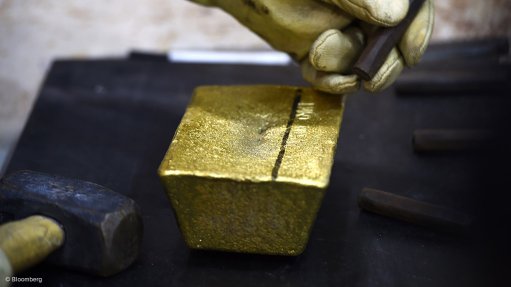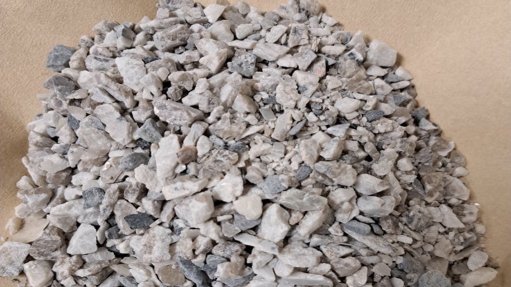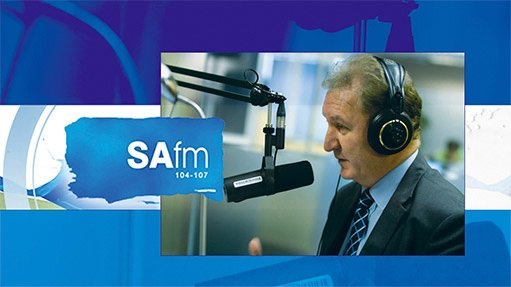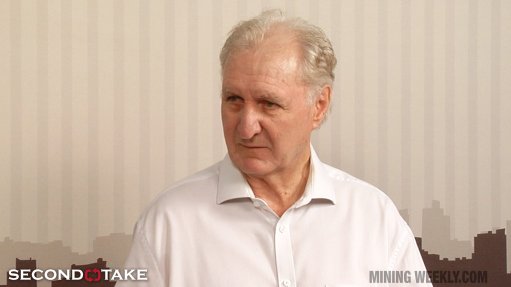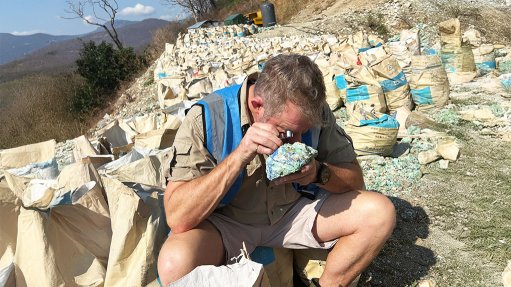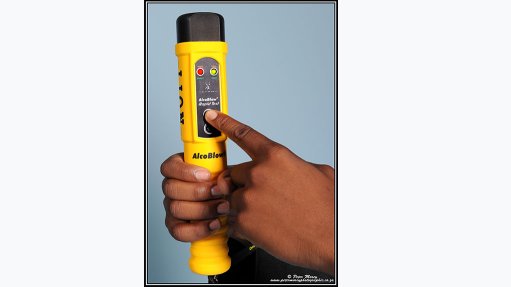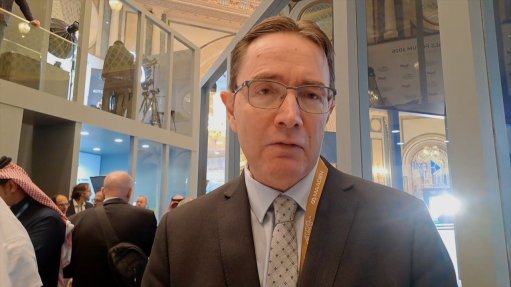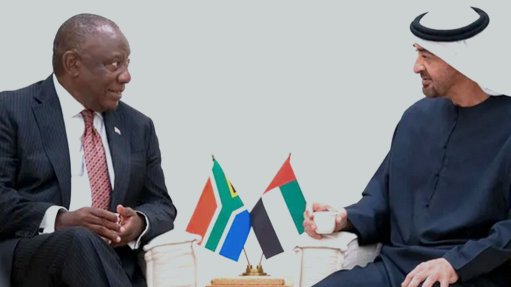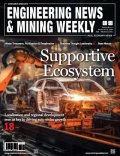Urgent Concurrence
The very last column in the Integrated Resource Plan 2019 (IRP 2019) table is certain to attract much attention – for the immediate future anyway. The column bears the unglamorous heading of ‘Other’, followed by the words ‘Distributed Generation, CoGen, Biomass, Landfill’ in brackets. Under the column, there are several rows, starting from the row representing 2023, in which a yearly allocation of 500 MW is outlined. The earlier rows, covering the years 2019 to 2022, have been conflated into a single block containing the words ‘Allocation to the extent of the short-term capacity and energy gap’.
To understand what that sentence means, a reader of the 98-page Government Gazette notice must then turn to page 43, where there is a heading labelled ‘Immediate Term Security of Supply’. The initial sentences under the heading read as follows: “In the short term, supply- and demand-side interventions will have to be deployed to minimise the risk of load-shedding and/or extensive usage of diesel peaking plant due to Eskom’s plant’s low energy availability factor. The short-term gap is estimated to be between 2 000 MW and 3 000 MW.”
What follows is the first of nine decisions made by Cabinet when it finally approved the long-awaited document – the IRP 2019 is the first official update to the plan since the publication, in early 2011, of IRP 2010, which was immediately out of step with reality, owing to its extremely optimistic demand growth assumptions, which never materialised. ‘Decision 1’ in the document is that a power purchase programme will be undertaken to assist with the acquisition of capacity needed to supplement Eskom’s declining plant performance and to reduce the extensive use of diesel peaking generators in the immediate to medium term. The Department of Mineral Resources and Energy (DMRE) has already confirmed that it will release a request for information to test the market for technological solutions to fill that immediate gap.
To initiate any procurement programme, however, a Ministerial determination will have to be issued. That has been made relatively simple, as the last column in the IRP 2019 caters for just that. Where it becomes a little trickier, though, is in ensuring the determination carries the concurrence of the National Energy Regulator of South Africa (Nersa). The reason is that Nersa is compelled to hold public consultations before providing such concurrence, as was confirmed in the 2017 nuclear ruling by the Western Cape High Court. It is understood that the DMRE is taking legal advice on the matter not only as it relates to the emergency procurement programme, but also for securing future concurrence notices.
It would indeed defeat the entire purpose of the emergency procurement programme should the determination be subjected to a process that takes months rather than days, or, at most, weeks. Hopefully, sanity will prevail and South Africans will not be left in the lurch as we were when the so-called ‘expedited round’ for renewable energy was left to die an excruciatingly long and painful death. Had that programme gone ahead as planned, and the fourth bid window of the renewables programme not been delayed for three years, South Africa would not be worrying, as it is, about the return of load-shedding.
Article Enquiry
Email Article
Save Article
Feedback
To advertise email advertising@creamermedia.co.za or click here
Announcements
What's On
Subscribe to improve your user experience...
Option 1 (equivalent of R125 a month):
Receive a weekly copy of Creamer Media's Engineering News & Mining Weekly magazine
(print copy for those in South Africa and e-magazine for those outside of South Africa)
Receive daily email newsletters
Access to full search results
Access archive of magazine back copies
Access to Projects in Progress
Access to ONE Research Report of your choice in PDF format
Option 2 (equivalent of R375 a month):
All benefits from Option 1
PLUS
Access to Creamer Media's Research Channel Africa for ALL Research Reports, in PDF format, on various industrial and mining sectors
including Electricity; Water; Energy Transition; Hydrogen; Roads, Rail and Ports; Coal; Gold; Platinum; Battery Metals; etc.
Already a subscriber?
Forgotten your password?
Receive weekly copy of Creamer Media's Engineering News & Mining Weekly magazine (print copy for those in South Africa and e-magazine for those outside of South Africa)
➕
Recieve daily email newsletters
➕
Access to full search results
➕
Access archive of magazine back copies
➕
Access to Projects in Progress
➕
Access to ONE Research Report of your choice in PDF format
RESEARCH CHANNEL AFRICA
R4500 (equivalent of R375 a month)
SUBSCRIBEAll benefits from Option 1
➕
Access to Creamer Media's Research Channel Africa for ALL Research Reports on various industrial and mining sectors, in PDF format, including on:
Electricity
➕
Water
➕
Energy Transition
➕
Hydrogen
➕
Roads, Rail and Ports
➕
Coal
➕
Gold
➕
Platinum
➕
Battery Metals
➕
etc.
Receive all benefits from Option 1 or Option 2 delivered to numerous people at your company
➕
Multiple User names and Passwords for simultaneous log-ins
➕
Intranet integration access to all in your organisation



